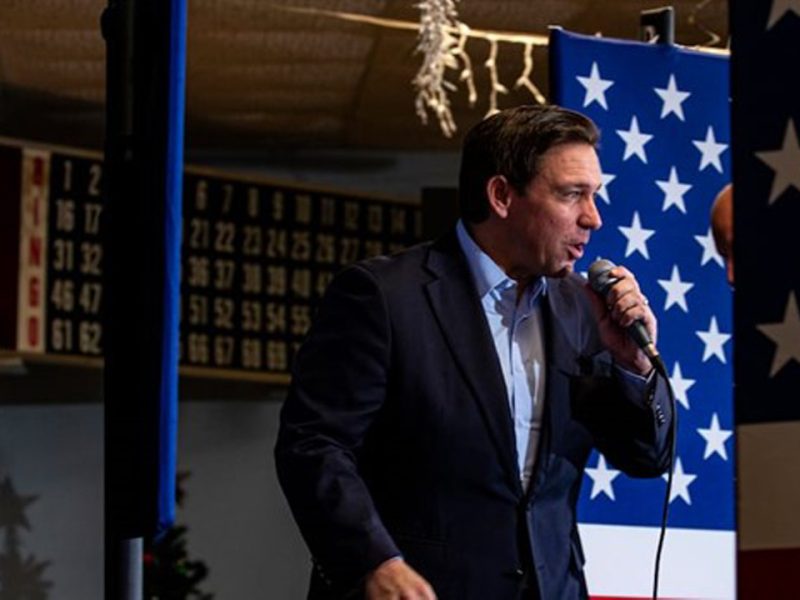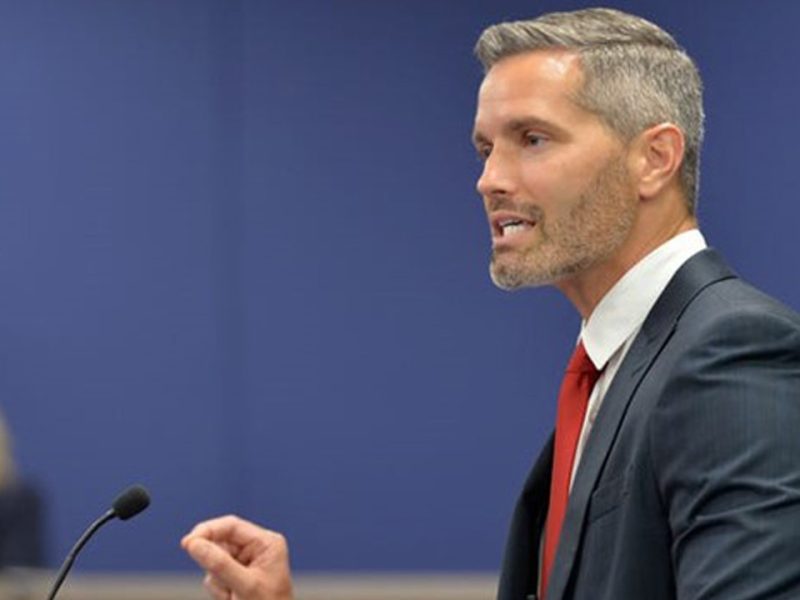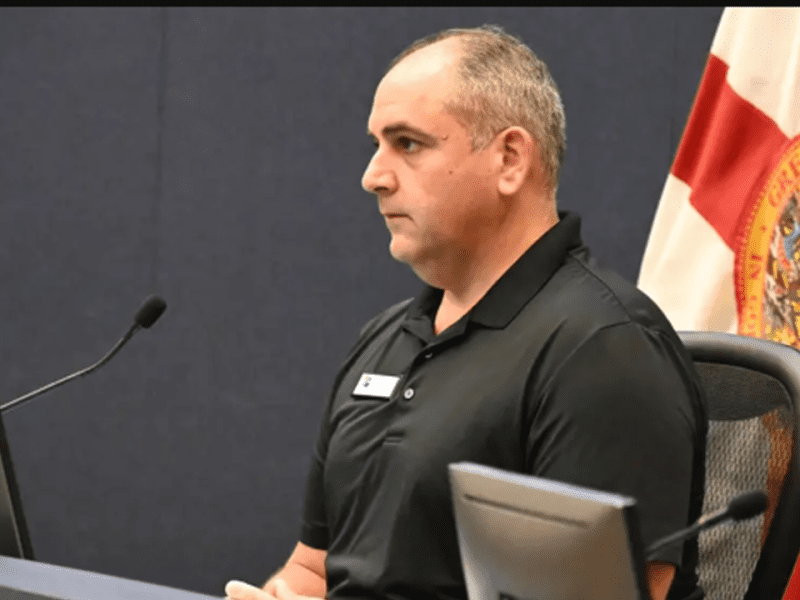
PBC School District begins to pay out $50M to charters once denied a share of tax windfall
Palm Beach Post | By Sonja Isger | September 14, 2021
With its legal recourse all but eliminated in court rulings this month, the Palm Beach County School District will begin paying out millions of dollars it previously denied the county’s roughly 50 charter schools — money intended to improve teacher pay and cover the growing costs of school security.
The sum, about $50 million over the next two budget years, is the charter schools’ share of the proceeds generated by a 2018 voter-approved property tax hike that currently is bringing the district about $250 million annually.
Next month, a Palm Beach County Circuit Court Judge will decide whether the district also owes those schools money withheld in the first two years of the tax increase.
We told them, in the beginning, it was discrimination, period. And they didn’t listen. I spoke to the School Board before they voted, told them they couldn’t do this.
ANDY BINNS, CHAIRMAN OF PALM BEACH MARITIME ACADEMY’S BOARD OF DIRECTORS
The school board attempted to deny charters a share of the proceeds by writing the exclusion into the 2018 referendum.
“We told them, in the beginning, it was discrimination, period. And they didn’t listen. I spoke to the school board before they voted, told them they couldn’t do this,” said Andy Binns, chairman of Palm Beach Maritime Academy’s board of directors.
In 2019, the Lantana-based academy and the Academy for Positive Learning in Lake Worth sued for their share. Two months later, a third charter, G-Star School of the Arts in Palm Springs, joined the legal battle.
While a three-judge panel sided with the district in saying the referendum was legal, the decision was reversed in February by the 4th District Court of Appeal. The court sent it back to the original trial judge, Palm Beach County Circuit Judge Glenn Kelley, to sort the matter of payments.
On Sept. 1, Kelley told both parties that the payments going forward from the ruling would begin with the start of the district’s budget year in July 2021. He has yet to rule on the estimated $40 million back payments for the two years the tax was collected.
The district had hoped the Florida Supreme Court would weigh in, according to a statement after Kelley’s ruling. But Thursday, that higher court declined and let the court of appeals ruling stand.
In a statement, the district said it is “disappointed.” And declined to say much more while it continues to await Kelley’s ruling on back payments.
“It’s unfortunate the Florida Supreme Court has declined to review this unexpected reversal,” the statement said.
Charters enroll almost 12% of district’s 187,700-plus students
Charter schools enroll more than 21,500 students, or 11.5% of the district’s 187,700-plus total headcount. While traditional public school rolls have fallen by more than 7,000 students from pre-pandemic times, charter schools showed a slight uptick – close to 160 students gained.
Charter schools generally receive the same amount of money per student as traditional public schools do from state and local taxes. But the state law did not spell out whether charters were entitled to a portion of special school taxes approved by local voters. Lawmakers have since amended the law to require charters receive a proportional share of any similar future referendums.
The case sought ruling on whether the state law requiring charter students be funded “the same as students enrolled in other public schools in the school district” applied to money from special, voter-approved taxes.
Palm Beach Maritime’s Binns said starving the school of its share created an uneven playing field in a multitude of ways, such as crippling its ability to offer comparable pay to staff.
“We estimate we lost at least 11 teachers since the beginning of this thing,” Binns said.
Additionally, charters have had to dig deeper into their budgets to meet new school security requirements. The state gives districts a security allocation, but its not enough to cover all of the costs. Binns said the school’s allocation covers 60% of costs; the referendum will help cover more.
“It’ll make a substantial difference. It helps us provide more academic support for kids. It just levels the playing field,” Binns said.
The district’s budget office anticipated the potential ruling and set aside money from growth in property values and savings from last year so none of the promised services or expenditures were cut, according to Chief Financial Officer Heather Frederick.
If the judge demands the district shell out the $40 million in retroactive payments, Frederick said the school board would have to dig into its reserves. “Alternatively, or in addition to relying on the reserves, the Board would have to amend its budget for the upcoming year and make significant reductions.”
An earlier version misstated the year the law regarding sharing money. The legislation was changed in 2018.





